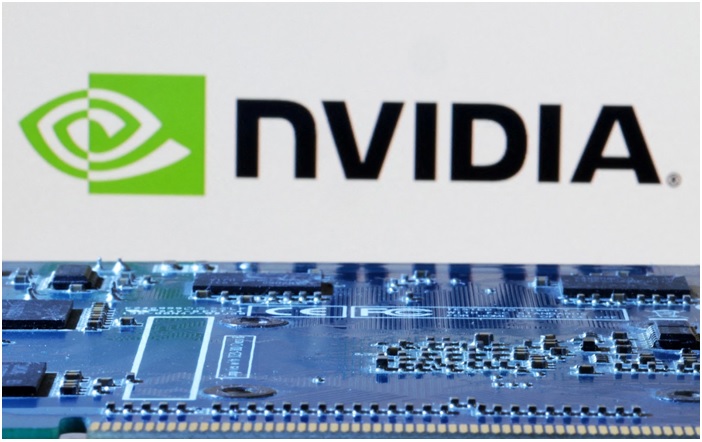Technology
Despite U.S. Ban, China Acquires Nvidia Chips for Military and AI Advancements

Highlights
- Chinese military, AI institutes, and universities acquire Nvidia chips despite U.S. export bans.
- Banned chips include A100, H100, A800, and H800, revealing challenges in restricting access.
- Nvidia chips are superior for AI work, contributing to their continued demand in China.
- Buyers range from elite universities to entities subject to U.S. export restrictions.
- Lack of viable alternatives highlights the dominance Nvidia held in China’s AI chip market.
- An underground market for banned chips has emerged in China, challenging U.S. export restrictions.
- U.S. authorities working to close loopholes, acknowledging difficulties due to the small size of chips.
- Primary aim of restrictions seen as hindering China’s AI development by limiting access to advanced chips.
- Quantities purchased are often small but sufficient for complex machine-learning tasks.
- Ongoing challenges underscore the complexity of international technology trade and restrictions.
In an exclusive report, it has been revealed that Chinese military bodies, state-run AI research institutes, and universities have procured Nvidia semiconductors banned by the U.S. over the past year. The review of tender documents conducted by Reuters sheds light on the challenges the U.S. faces in restricting China’s access to advanced U.S. chips, essential for breakthroughs in AI and sophisticated military computers.
Despite Export Ban Challenges
The largely unknown Chinese suppliers have been successful in obtaining Nvidia chips, including the A100 and the powerful H100 chip, despite their exports being banned in September 2022. The ban extended to the slower A800 and H800 chips developed for the Chinese market, prohibited in October. The demand for these chips showcases their superiority in AI work, efficiently processing large amounts of data.
Military and AI Buyers
The buyers range from elite universities to entities subject to U.S. export restrictions, such as the Harbin Institute of Technology and the University of Electronic Science and Technology of China. Despite accusations of military involvement, these entities have purchased Nvidia semiconductors, raising concerns about indirect access to advanced U.S. technology.
Challenges for Alternatives
The continued demand for banned Nvidia chips highlights the lack of viable alternatives for Chinese firms, even with the nascent development of rival products from companies like Huawei. Before the bans, Nvidia commanded a 90% share of China’s AI chip market.
Underground Market and U.S. Response
In response to U.S. curbs, an underground market for these chips has emerged in China. Chinese vendors claim to obtain excess stock through various means. Nvidia has stated its compliance with export control laws, requiring customers to do the same. U.S. authorities are working to close loopholes in export restrictions, acknowledging the challenges posed by the small size of chips that can be easily smuggled.
The Real Aim
Experts suggest that the primary aim of U.S. export restrictions is to hinder China’s AI development by making it difficult to build large clusters of advanced chips capable of training AI systems. The review reveals the quantities purchased are often small but sufficient for running complex machine-learning tasks and enhancing existing AI models.
The acquisition of banned Nvidia chips by Chinese entities, including military bodies and universities, highlights the ongoing challenges in restricting access to advanced U.S. technology. Despite export bans and efforts to limit access, the demand for Nvidia chips underscores their significance in China’s pursuit of AI advancements. The story continues to unfold, emphasizing the complexity of international technology trade and the measures taken to navigate restrictions.


















































